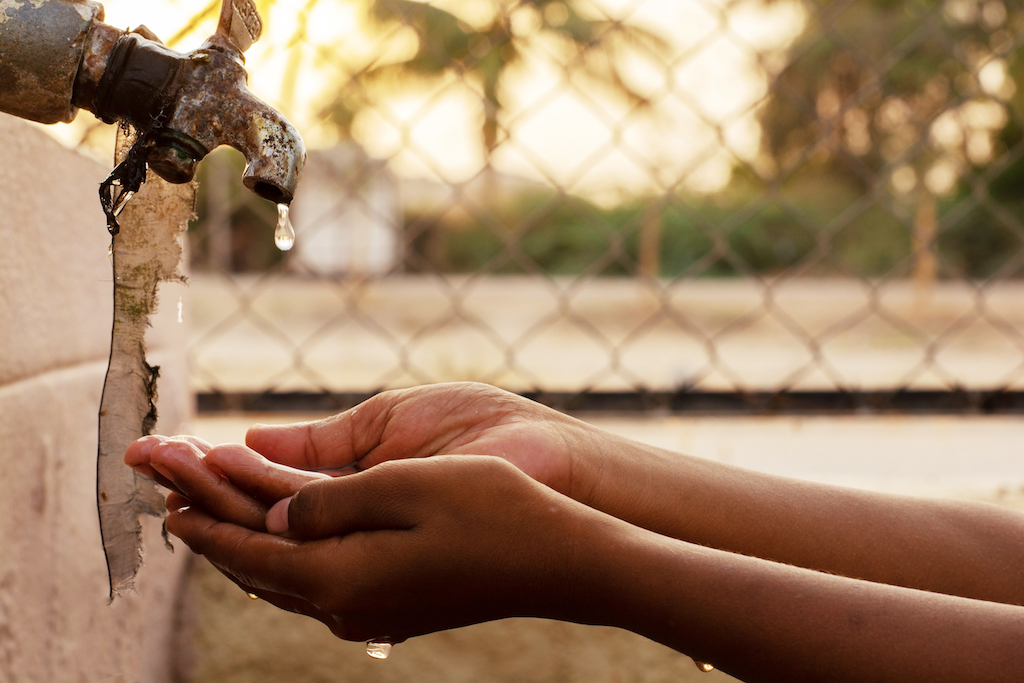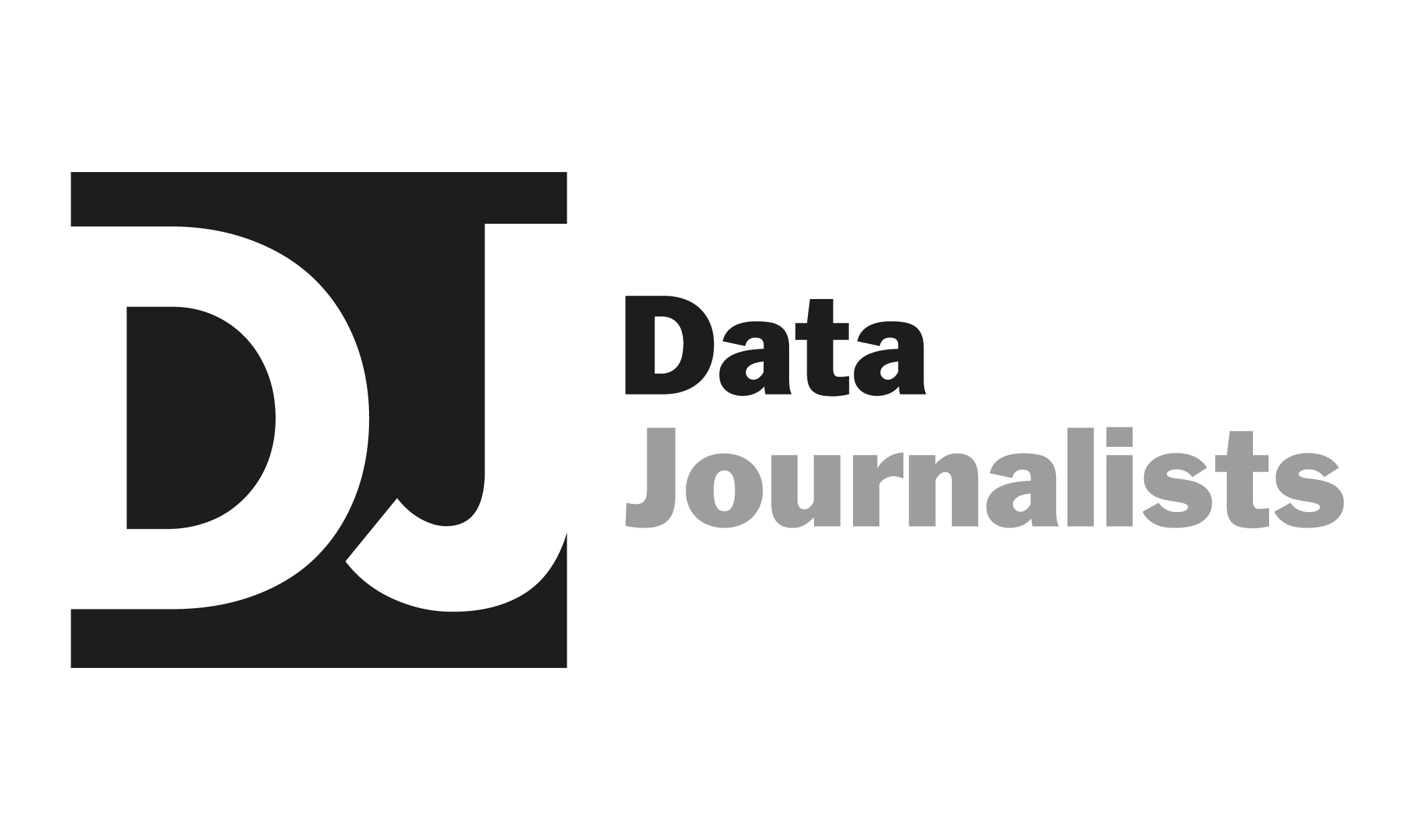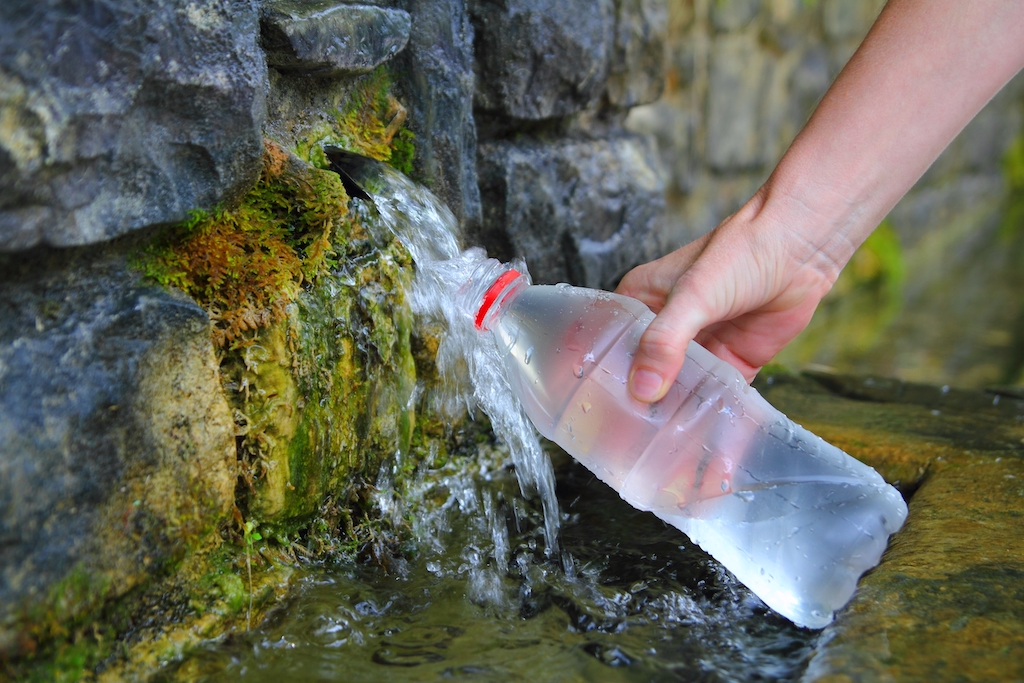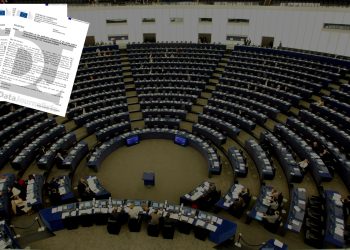-
Amounts (over 1,500,000 euros) given to newspapers and websites in the last two years – All the name
-
Big questions about non-existent criteria and selective, as well as exorbitant funding. Who are the “champions”, who are unjustifiably favored?
-
The list refers to amounts given directly by the Company to the media. There are additional amounts given by advertising either for campaigns or for other actions.
By Paris Karvounopoulos, Vassilis Galoupis
The attempt to privatize water is perhaps the most controversial of all the privatizations promoted by the government. This is because it ignores five court decisions by which water has been judged to be a natural good and not a product and therefore cannot be sold.
At the same time that the non-deficit EYDAP distributes millions to advertise this natural good whose distribution to the citizens it manages, the government attempts to transfer it.
It is worth noting that the Council of State has ruled that even the entry of EYDAP into the HRADF was illegal, while successive court decisions have ruled that the involvement of private individuals in the water is not allowed.
The president of EYDAP’s Engineers George Dimtsas explains how the government ignored the decisions of the Council of State and proceeds with the privatization plan.
George Dimtsas – President of EYDAP’s Engineers
Why is the government using the pretext of the Waste, Energy, and Water Regulatory Authority, which includes water? How, through this regulator, will we be led to privatization?
The analyst and Doctor of Integrated Environmental Management at the University of Crete Vassilis Lykos explains the method.
Vassilis Lykos Biologist, M.Sc. environmentalist
A few days ago, on March 7, Maria Karamanov, President of the Board of Directors of the Chamber of Environment and Sustainability and Vice-President of the Council of State, in an extensive memorandum to the Standing Committee on Production and Trade of the Hellenic Parliament stated, among other things:
“With the proposed bill, the state powers to regulate and control all the providers of public water and sewerage services in the country are removed from the competent Ministries and assigned to the independent Regulatory Authority for Energy (RAE). The whole logic and spirit of the bill directly circumvent the consistently judged by the Plenary Session of the Council of State (CoS Plenary Session 1904/2014, 190/2022, 191/2022), overturns the existing operating status of these entities, and therefore poses serious risks for the continued provision of their services outside the market and competitive environment and under public service conditions, namely with safety, universality, high quality, and affordable price.
The bill is the last step to complete the privatization of water that took place with the unconstitutional, but now in force law, 4964/2022 (articles 114, 115) voted last July. With this law, the shares of EYDAP/EYATH of the Greek State were transferred again to the Superfund, in unprecedented violation of the decisions 190/2022, 191/2022 of the Plenary Session of the Council of State, with which their transfer was deemed unconstitutional. Already, the two largest water and sanitation service providers of the country have been effectively privatized, since they are no longer under the control of the Greek State. What is left to complete this privatization? To give the state, in addition to its control, even its simple supervision.
With the subordination of water supply bodies to the Regulatory Authority for Energy, the State surrenders to it its responsibilities over water supply bodies, which according to the Constitution belong exclusively to it. It is well known that the Regulatory Authorities, by their very nature, have no competence in areas of activity that does not belong to the market. Their mission is to ensure the proper functioning of the market and compliance with competition principles in relation to services that have already been privatized such as energy, telecommunications, transport (buses, trains), etc.

RAE (like all regulatory authorities) has decisive responsibilities in all the above areas and its actions are enforceable without being subject to any kind of control of legality or expediency by the competent Minister. It is obvious that RAE cannot replace the public control required by the case law of the Council of State for water supply and sewerage services, since it is by definition intended and organized to regulate the issues arising in the market and competition in accordance with the spirit and rules governing these fields.
Water, however, is not a commercial product and water and sanitation services cannot belong to the market. Simply put, the basic condition required for an activity to fall within the remit of an independent regulatory authority, namely the operation of that activity in a market environment, is not fulfilled in this case. In the field of the water supply of the country does not mean the existence of a market or the activation of speculative enterprises in the relevant field, so as to require their regulation by an Independent Authority. Given that, as has been judged by the Council of State, the public water and sewerage service, unlike other services that have now come into the market (energy, postal services, passenger transport, telecommunications), cannot be privatized, its inclusion in the regulatory competence of RAE is incompatible with the mission of both.
During today’s discussion in the Standing Committee on Production and Trade, it was heard that water services are legally subordinated to RAE because they constitute a monopoly. As is well known, the existence of a monopoly presupposes a commercial product that can be sold by a single entrepreneur. However, water in Greece is not a commercial product and is not sold, but is provided with partial recovery of its costs. Therefore, in our country water services are not a monopoly.
It is a fact that with the re-transfer of EYDAP and EYATH shares to the Superfund, a large part of the country’s water suppliers has already been privatized. Instead of remedying the blatant violation of the principles of the rule of law brought about by Law 4964/2022, with the proposed bill the state further renounces its responsibilities for providing safe, quality, and universal water supply at an affordable price.
According to his own argument, the bill indeed admits the inability and unwillingness of the state to control water and throws the responsibility elsewhere. As a Chamber, we have repeatedly referred to the dangers of this stance. We do not need to remind them at this crucial time.
In conclusion, with the subordination of all water suppliers in the country to the competence of RAE, a large and questionable constitutional step is being taken towards the substantial privatization of the public water and sewerage service, bypassing, once again, the relevant decisions of the Council of State.
On March 15, the Association of Administrative Judges, in a letter to the Parliamentary Committee on Production and Trade, pointed out that the assignment of water to an independent authority is not legally valid, because “the nature of drinking water as a social good, necessary for the life and health of citizens, is lost and instead the relevant services are treated as regulated accordingly to markets for other goods and services”.
The document highlights the decision of the Council of State according to which “nothing is understood but direct state control over water service providers”.
The administrative judges asked for the minister to withdraw the relevant provision.
The inexplicable of the funds – the “little ones” got the most
Two lists of EYDAP payments to dozens of media outlets in the last two years are being uncovered today by Data Journalists. These are amounts of more than 1,000,000 euros that were given, as advertising expenditure, to sites from January 1, 2021, to November 9, 2022, and for another 532,000 euros that were distributed to newspapers from January 1, 2022, to November 11, 2022.
The way the money was given by the – still public – water company of the capital, raises a lot of questions about the way in which taxpayers’ money is spent.
In the lists we reveal, there are dozens of selective and exorbitant payments to specific media that are not in line with their dynamics or their impact on public opinion. In the same lists are underestimated or ignored Media with many employees, responses from the public, and powerful brand names.
It would be advisable for the management of EYDAP to clarify by what method it distributed the advertising expenditure to the media. In other words, what criteria did it use to select the specific media and the amounts. It also raises legitimate questions as to why it never made these costs public.
Another important parameter is that the state-run EYDAP is not a competitive company. It has a monopoly in the Attica region and therefore there is no valid reason for advertising expenditure. Its clientele, which exceeds 4,000,000 with more than 2,000,000 cash facilities in the basin, is guaranteed, since practically the public has no other choice.

The inexplicable of the funds – the “little ones” got the most
Two lists of EYDAP payments to dozens of media outlets in the last two years are being uncovered today by Data Journalists. These are amounts of more than 1,000,000 euros that were given, as advertising expenditure, to sites from January 1, 2021, to November 9, 2022, and for another 532,000 euros that were distributed to newspapers from January 1, 2022, to November 11, 2022.
The way the money was given by the – still public – water company of the capital, raises a lot of questions about the way in which taxpayers’ money is spent.
In the lists we reveal, there are dozens of selective and exorbitant payments to specific media that are not in line with their dynamics or their impact on public opinion. In the same lists are underestimated or ignored Media with many employees, responses from the public, and powerful brand names.
It would be advisable for the management of EYDAP to clarify by what method it distributed the advertising expenditure to the media. In other words, what criteria did it use to select the specific media and the amounts. It also raises legitimate questions as to why it never made these costs public.
Another important parameter is that the state-run EYDAP is not a competitive company. It has a monopoly in the Attica region and therefore there is no valid reason for advertising expenditure. Its clientele, which exceeds 4,000,000 with more than 2,000,000 cash facilities in the basin, is guaranteed, since practically the public has no other choice.
The questions are multiplied due to this particular conjuncture, with the government’s intention to put water on the path of privatization. If, in practice, EYDAP has no reason to advertise, the reasonable argument arises that these amounts were given so that as many SMEs as possible, and especially those that were favored provocatively, have a neutral or even positive attitude on the major issue of privatization, a discussion that has intensified over the last two years.
It is recalled that on Monday, March 20, 2023, the government, ignoring the decision of the Council of State, introduced for discussion and voting (the next day) in the Plenum of the Parliament a draft Law where it cedes control of water throughout the country to an independent regulatory authority, removing the relevant competence from the state. A decision that caused reactions from the whole opposition, as well as from the trade unions.
The amounts on sites
According to the official payments of more than 1,000,000 euros that EYDAP has made to sites since 1.1.2021-9.11.22, “champions” are Mononews with 45,000 euros, DPG Group (newsbomb, CNN, etc.) with 43,000 euros, Political and Liberal with 39,000 euros.
The DPG group is one of the largest in the country, but it is interesting to see quite large sums on websites such as Mononews, Political, and Liberal, which are not among the most popular.
Indicatively, the powerful Protothema received 12,000 euros in the same period and Zougla, which maintains high traffic received 8,500 euros, while Ethnos only 2,500 euros.
However, there are other “strange” cases in which it would be interesting for EYDAP to clarify the logic of sharing taxpayers’ money.
In its internet lists, we found a publicly unknown website, the bnb daily, which seems to have received 28,200 euros. When, for example, Newsit did not exceed 20,000 and ieidiseis 1,000 euros. The bnb daily is marketed as a business site, but considering that a subscription is required, a critical question arises about what response can there be for an advertising banner for EYDAP?
Another site unknown to the general public, Anatropinews, received 27,200 euros when News 247 did not exceed 13,000 euros. Also, an NGO titled “Alliance for Greece” received an advertising expenditure of 9,500 euros, while the site “anattica” received 3,710 euros, according to the official lists we bring to light.
Advertisements and websites of the Region although EYDAP operates in Attica
Another parameter has to do with advertisements from EYDAP on sites and outside the Attica basin. Indicatively, it gave 2,000 euros to agrinionews, 500 euros to nafpaktianews, 300 euros to Embros of Nafpaktos, and 680 euros to amfissanews.
EYDAP, however, does not operate outside Attica. The clientele of the specific cities of the Region is served by the local water–sewerage companies.
Why does EYDAP, which draws its clientele only from Attica, distribute advertising expenditure on sites in the Region?
300,000 euros to Rascal for banners
On behalf of the advertising company Rascal, EYDAP seems to have spent more than 300,000 euros. In the official lists of companies, the justification for these expenses seems to have to do with monitoring the banners of websites, creating banners on digital, informational, and entertainment platforms – pages, etc.
Nowhere in the payment lists does it show how the specific company was selected and the reasonableness of the specific costs.
Money in the newspapers
In another list that is also available to us, for the newspapers this time, EYDAP spent a total of more than 530,000 euros in nine months (1.1.22-30.09.22). The criteria again raise reasonable questions about disproportional and selective, as well as blatant costs.
The companies of the Kourtakis Group (parapolitika etc.) with 111,000 euros, the DOM (Ta Nea, Vima, etc.) with 55,500 euros, the Daily Publications (Kathimerini, etc.) with 43,500 euros, and the Proto Thema with 32,000 euros are shown as “Champions” in advertising revenue from EYDAP.
Significant discrepancies, however, are identified with the not-popular One Voice at 12,000 euros, the Bam newspaper at 10,000 euros, and the Paraskinio newspaper at 19,800 euros. How does EYDAP explain these amounts, when for example the Real group seems to have received only 18,000 euros and the Journal of the Editors, given its dynamics, the amount of 4,000 euros, while other important publications are not even on the list?
It would also be interesting to explain by what criteria Startupper magazine received 8,500 euros, Kosmos magazine 2022 the amount of 10,000 euros and the Karfi 5,000 euros, when Lifo received 4,000 euros, while Contra and Rizospastis 2,500 euros each.
Suspicious games with the public good
The sums that EYDAP gives to the media from the lag of the Greek people can only be explained in combination with the escalating attempt of the government to privatize the most necessary good for human survival, at a time when in the rest of the world, this tendency was tested, judged catastrophic and largely reversed.
Read the full list of amounts given to the websites HERE
Διαβάστε Όλη Τη Λίστα Με Τα Ποσά Σε Ιστοσελίδες by datajournalists.co.uk on PDF
Read the full list of amounts given to the newspapers HERE
Διαβάστε όλη τη λίστα με τα ποσά σε εφημερίδες by datajournalists.co.uk on PDF
What Happened in Other Countries
Water privatization has been a failure in countries that have been tested worldwide. On the contrary, universal access to water has always been achieved through a public commitment.
Between 2000 and 2015 there were 235 cases of re-nationalization or “remunicipalisation” of water, i.e. national governments of other countries, regions or cities returned water to public control by deciding to refuse to renew water concessions, leases, or management contracts with private companies.
In the 1990s there was a wave of water privatization, financed by national governments and development banks. As a result, the world has seen extreme price rises in water and speculation.
In some countries, such as Uruguay and South Africa, privatization has had disastrous consequences and poor people have lost all access to water. In response to the crisis they faced, these countries eventually enshrined the right to water as a human right in their constitution.
In developed countries and cities such as Paris and Atlanta, private companies made huge profits while not investing in infrastructure and at the same time increasing costs for consumers. In the end, the problem became so great that France witnessed the largest wave of re-nationalizations and remunicipalizations with 94 cities regaining control of their water supply since 2010.
The trend of water privatization has long passed its expiration date. This practice no longer “sells” anywhere.
The slap of the Council of State and the Board of Directors of EYDAP
The Initiative for the Safeguarding of Public Water Management, which is supported by 74 bodies and organizations, stresses, inter alia, that “The bill constitutes a blatant anti-democratic aberration because it violates the decisions 1906/2014, 190 and 191/2022 of the Plenary Session and 1886/2022 of the D’ section of the Council of State, according to which the Constitution does not allow the privatization of water and sanitation services, the private Superfund cannot manage such services, the cycle of water and sanitation services is unified-unbroken, subject to public control and water cannot be treated as a commercial product”.
He also pointed out that “at the same time that the government insists on the constitutionality of the draft law on the Water Regulatory Authority, the 7 and 8/2023 decisions of the Council of Compliance of the Council of State were issued, by which they accept the appeal of the employees of EYDAP that the Ministry of Finance with its law did not comply with the decisions of the Plenary Session of the Council of State 190 and 191/2022 for the exit of EYDAP and EYATH from the Superfund and orders the Ministry to return them to the State”.
According to the official data of EYDAP, which is still under the control of the State, the present Board of Directors has emerged from the Special Meeting of the Minority Shareholders (11/6/2018), the employee elections of June 2017 and the General Assembly (26/6/2019).
Messrs
Theodora Varvarigos,
Charalambos Sachinis,
Anastasios Tossios,
Aikaterini Beritsis,
Alexandros Nasoufis,
Angelos Amditis,
Michael Stavroulakis,
Dimitris Konstantakopoulos
and Alexandros Pouliasis
elected by the Ordinary General Meeting of June 26, 2019, by the Shareholders of the majority “Hellenic Corporation of Assets and Participations S.A.” and “Hellenic Republic Asset Development Fund S.A.” with a five-year term, with the possibility of extension up to one (01) year in accordance with Article 11 of the Articles of Association and expiring on 28.06.2024.
Mr. Christos Karaplis was elected on the proposal of the Minister of Finance to the majority shareholder “Hellenic Corporation of Assets and Participations S.A.” on May 15, 2020. Mr. Christos Mistriotis and Mr. Panagiotis Skoularikis have been elected by the Special General Meeting of Minority Shareholders of EYDAP S.A. (June 11, 2018) for a term of office until June 11, 2023.
The “Water Supply and Sewerage Company of the Capital” (EYDAP) is the largest in Greece active in the distribution and management of water. The company supplies the population of the capital and its area of competence is the major region of Attica.









Discussion about this post